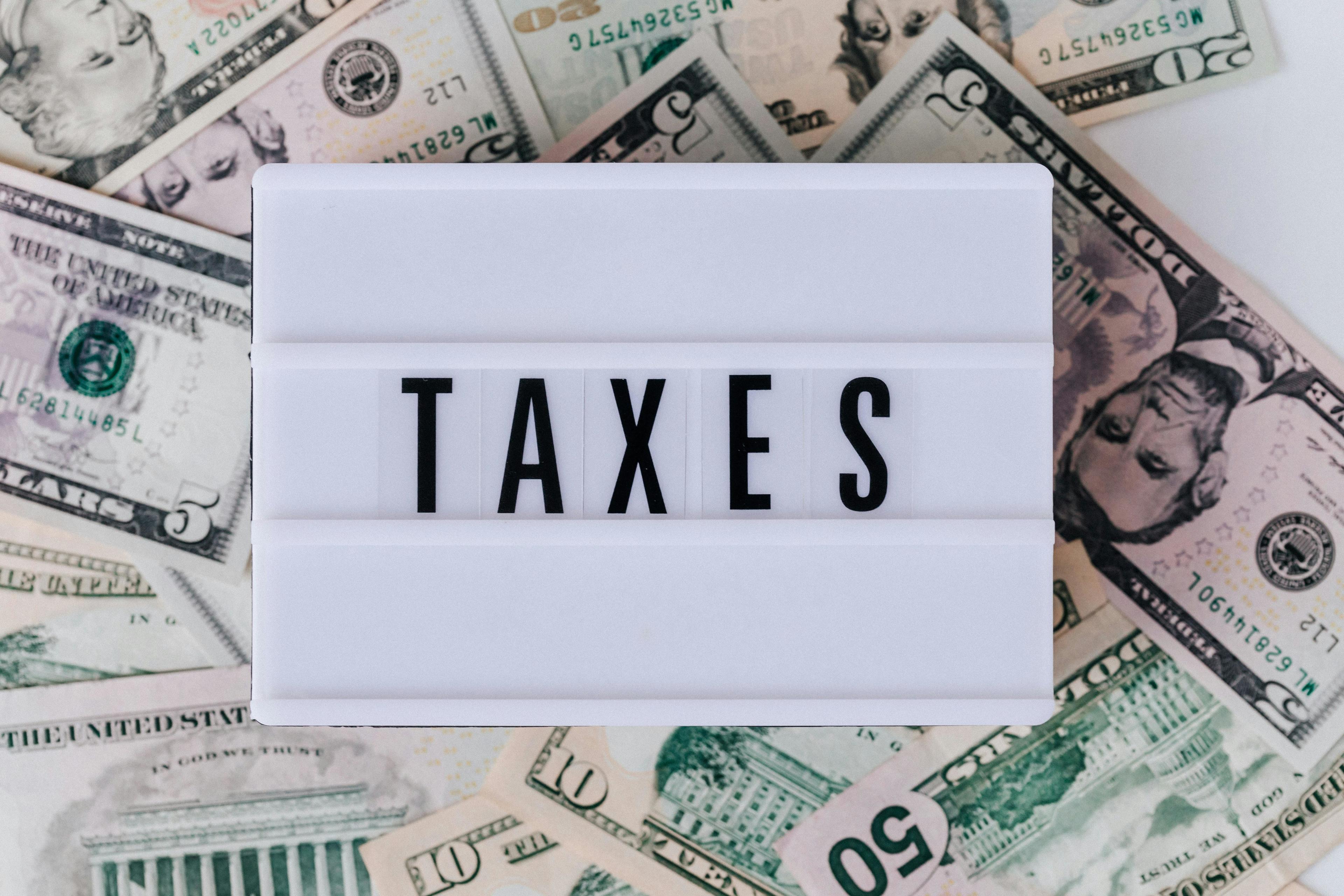Tax season often brings a sense of relief and excitement, especially for those anticipating a tax refund. While the temptation to book a vacation or go shopping may be strong, there's another option that could offer long-term benefits: estate planning. While it may not seem as glamorous as a shopping spree, investing your tax refund into estate planning can provide invaluable peace of mind and security for you and your loved ones.
Protecting Your Assets
Estate planning isn't just for the wealthy or elderly; it's a vital tool for anyone looking to protect their assets and ensure their wishes are carried out after they're gone. By using your tax refund to create or update your estate plan, you're taking proactive steps to safeguard your wealth and property for future generations. From drafting a will to establishing trusts and powers of attorney, there are various strategies that can help minimize taxes, avoid probate, and distribute assets according to your wishes.
Providing for Your Loved Ones
One of the primary goals of estate planning is to provide for your loved ones in the event of your incapacity or death. By designating beneficiaries, creating trusts, and outlining your wishes regarding health care and guardianship, you can ensure that your family members are taken care of financially and emotionally. Whether it's funding a child's education, supporting a spouse, or providing for aging parents, estate planning allows you to leave a legacy of stability and security for those you hold dear.
Minimizing Conflict and Expenses
Without a proper estate plan in place, your assets could be subject to probate, a lengthy and costly legal process that can drain your estate and cause unnecessary stress for your heirs. By addressing potential issues and clarifying your intentions through estate planning, you can minimize the risk of disputes among family members and reduce the financial burden of probate fees and court costs. Additionally, by clearly outlining your wishes for health care and end-of-life decisions, you can spare your loved ones from having to make difficult choices during a time of crisis.
While receiving a tax refund may feel like a windfall, it's essential to consider the long-term implications of how you use those funds. By investing in estate planning, you're not only protecting your assets but also providing for your loved ones and minimizing potential conflicts and expenses down the road. Whether you're just starting your estate plan or looking to update an existing one, using your tax refund to prioritize your family's future is a decision you won't regret. After all, the true value of estate planning lies not in dollars and cents but in the priceless peace of mind it provides.



